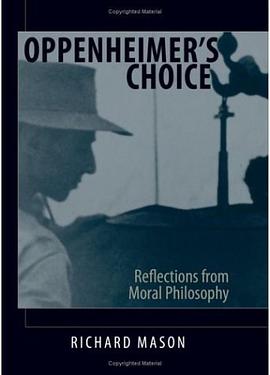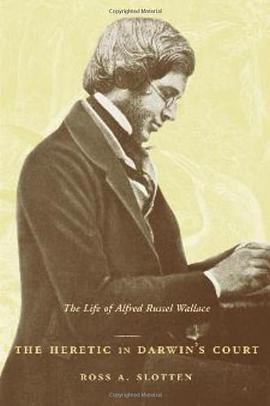

A landmark work from one of the preeminent historians of our time: the first published biography of Andrew W. Mellon, the American colossus who bestrode the worlds of industry, government, and philanthropy, leaving his transformative stamp on each.
Following a boyhood in nineteenth-century Pittsburgh, during which he learned from his Scotch-Irish immigrant father the lessons of self-sufficiency and accumulation of wealth, Andrew Mellon overcame painful shyness to become one of America’s greatest financiers. Across an unusually diverse range of enterprises, from banking to oil to aluminum manufacture, he would build a legendary personal fortune, tracking America’s course to global economic supremacy. Personal happiness, however, eluded him: his loveless marriage at forty-five to a British girl less than half his age ended in a scandalous divorce, and for all his best efforts, he would remain a stranger to his children. He had been bred to do one thing, and that he did with brilliant and innovative entrepreneurship. The Mellon way was to hold companies closely, including such iconic enterprises as Alcoa and Gulf Oil. Collecting art, a pursuit inspired by his close friend Henry Clay Frick, would become his only nonprofessional gratification. And by the end of his life, Mellon’s “pictures” would constitute one of the world’s foremost private collections.
Mellon’s wealth and name allowed him to dominate Pennsylvania politics, and late in life he was invited to Washington. As treasury secretary under presidents Harding, Coolidge, and finally Hoover, he made the federal government run like a business—prefiguring the public official as CEO. But this man of straightforward conservative politics was no politician. He would be hailed as the architect of the Roaring Twenties, but, staying too long, would be blamed for the Great Depression, eventually to find himself a broken idol. The New Deal overthrew Andrew Mellon’s every fiscal assumption, starting with the imperative of balanced budgets. Indeed, he would become the emblem—and the scapegoat—for the Republican conviction and policy that the role of government is to help business create national wealth and jobs. At the age of seventy-nine, the former treasury secretary suffered the ultimate humiliation: prosecution by FDR’s government on charges of tax evasion. In the end Mellon would be exonerated, as he always trusted he would be, and throughout the trial, which lasted more than a year, he never abandoned what had become his last dream: to make a great gift to the American people. The National Gallery of Art remains his most tangible legacy, although he did not live to see its completion.
The issues Andrew W. Mellon confronted—concerning government, business, influence, the individual and the public good—remain at the center of our national discourse to this day. Indeed, the positions he steadfastly held reemerged relatively intact with the Reagan revolution, having lain dormant since the New Deal. David Cannadine’s magisterial biography brings to life a towering, controversial figure, casting new light on our history and the evolution of our public values.
具體描述
讀後感
用戶評價
資料堆砌時就不好看瞭
评分資料堆砌時就不好看瞭
评分資料堆砌時就不好看瞭
评分資料堆砌時就不好看瞭
评分資料堆砌時就不好看瞭
相關圖書
本站所有內容均為互聯網搜索引擎提供的公開搜索信息,本站不存儲任何數據與內容,任何內容與數據均與本站無關,如有需要請聯繫相關搜索引擎包括但不限於百度,google,bing,sogou 等
© 2025 onlinetoolsland.com All Rights Reserved. 本本书屋 版权所有




















